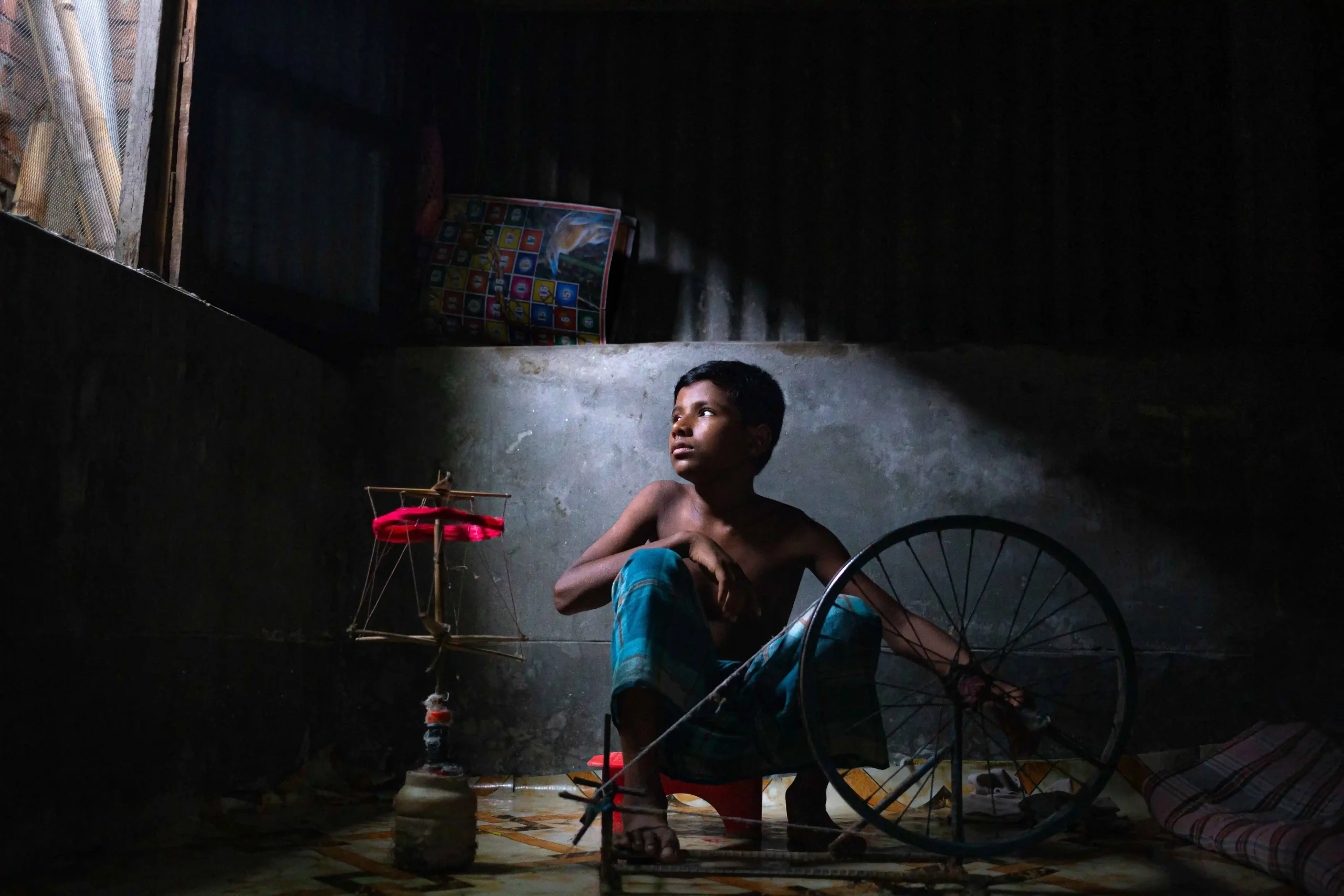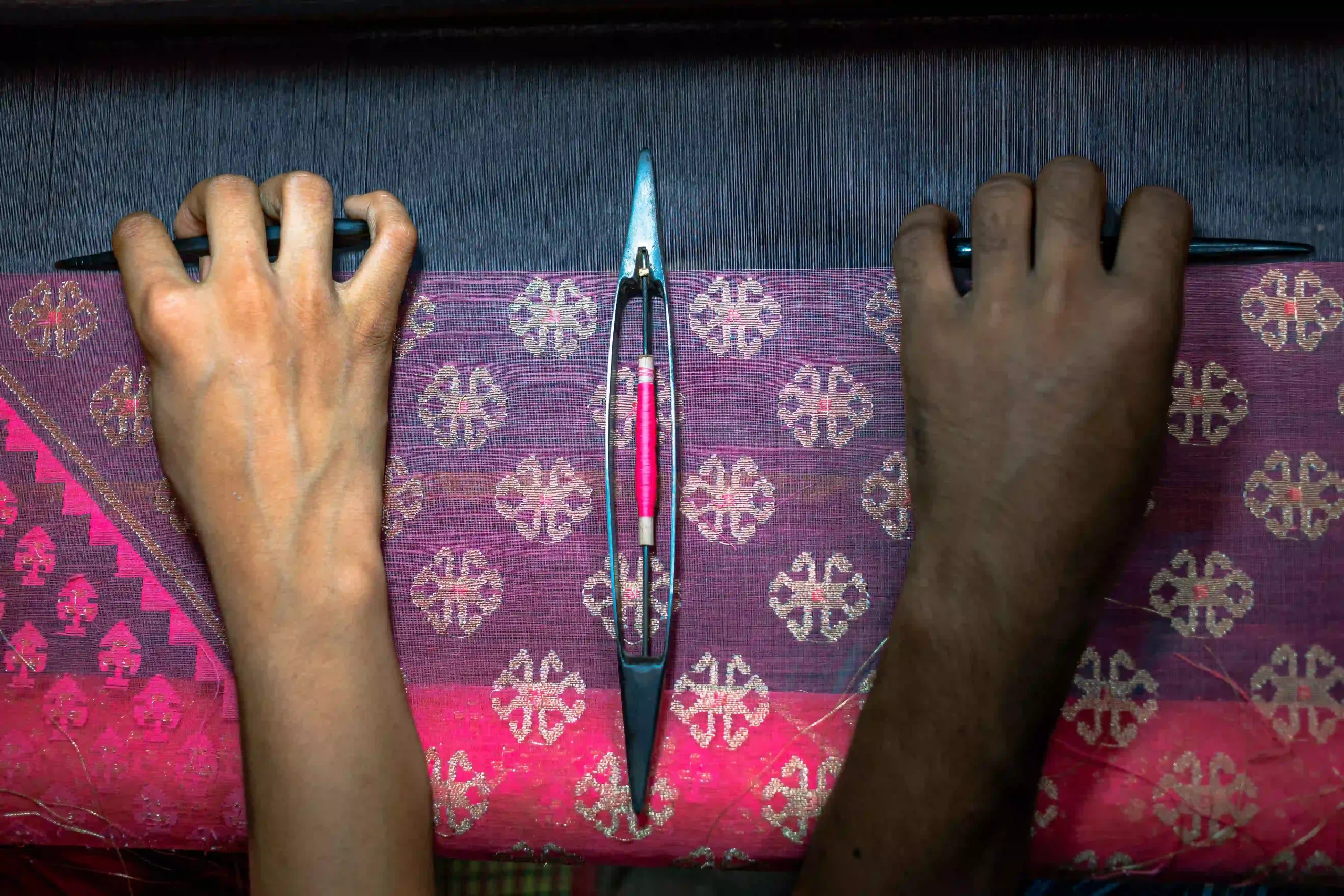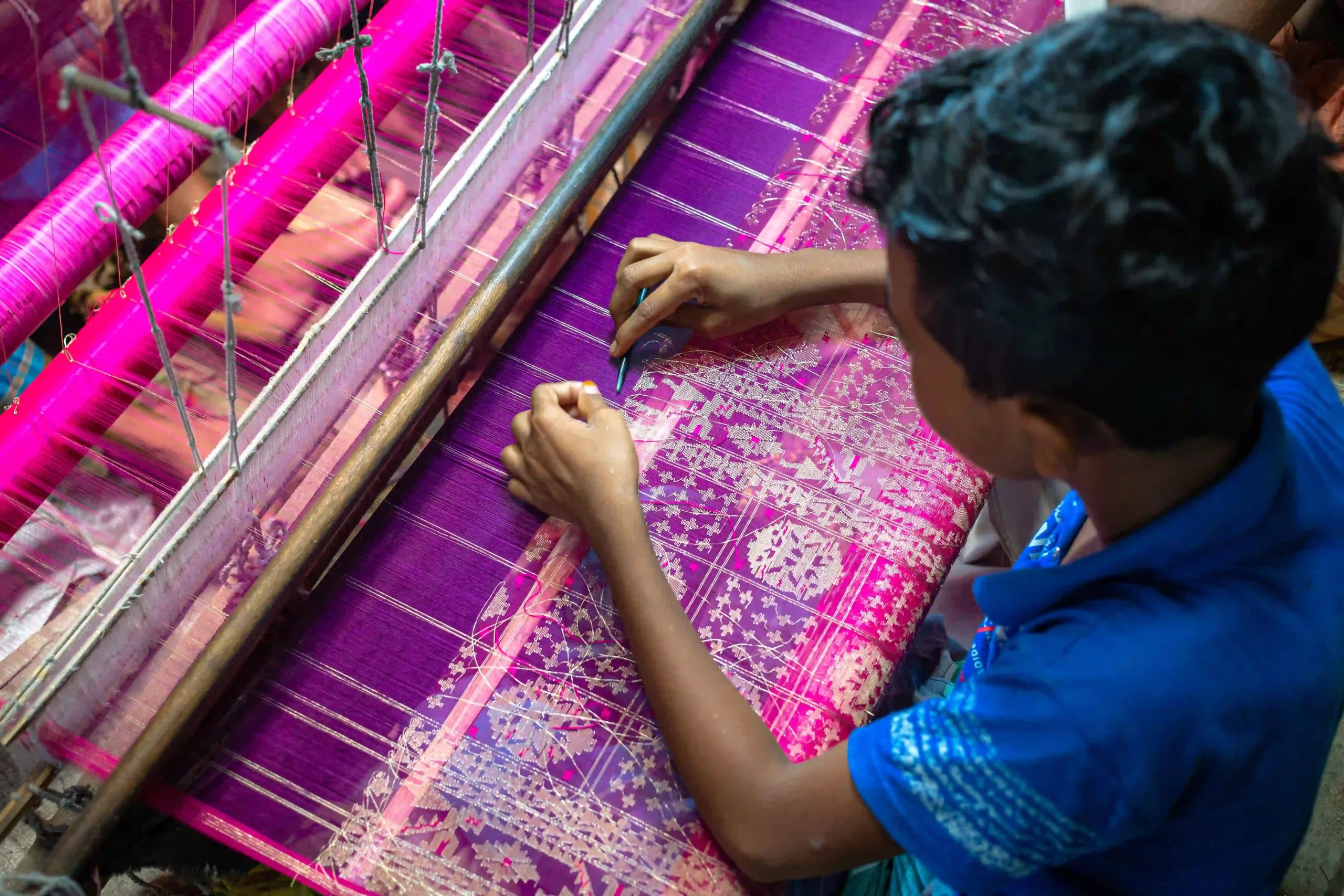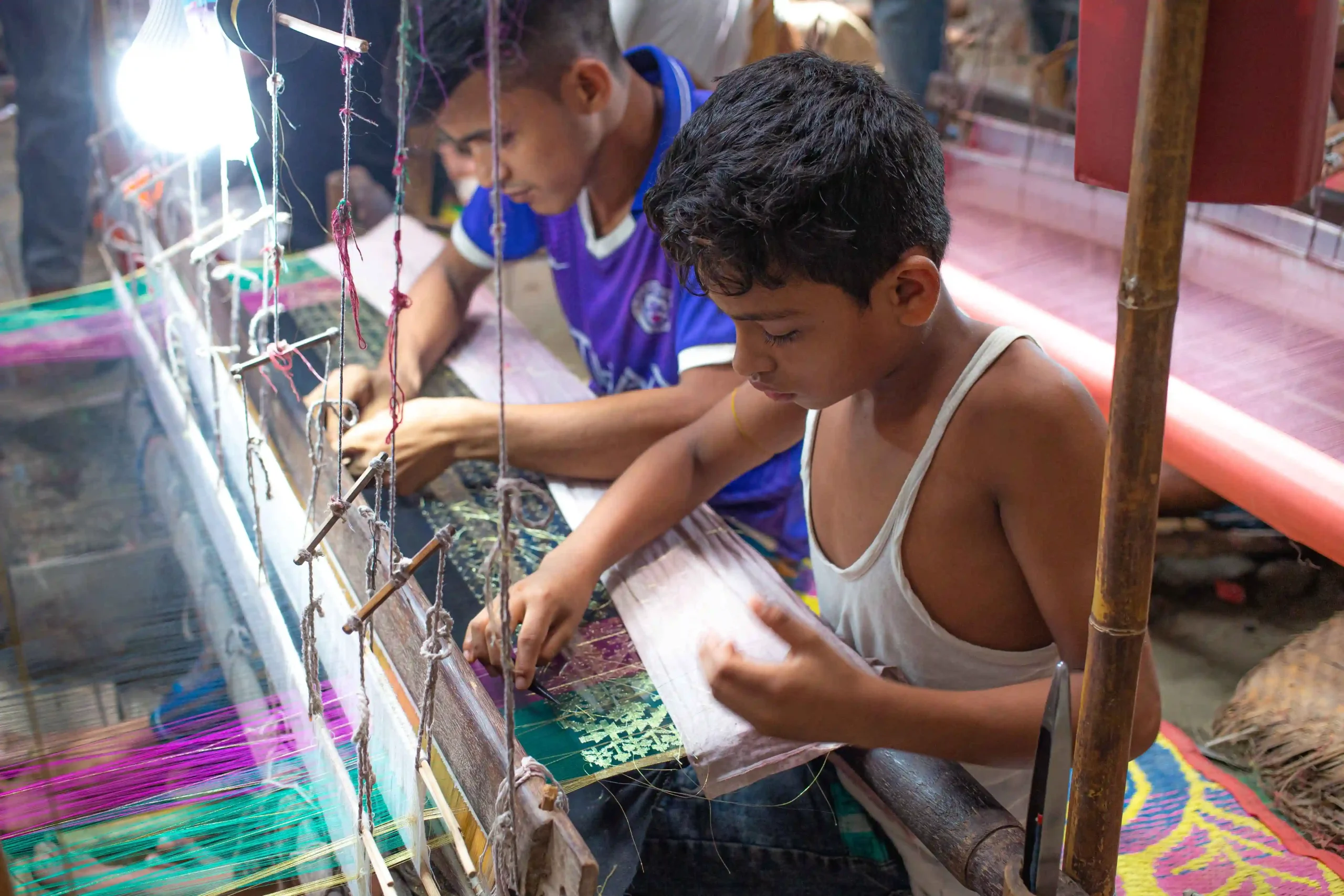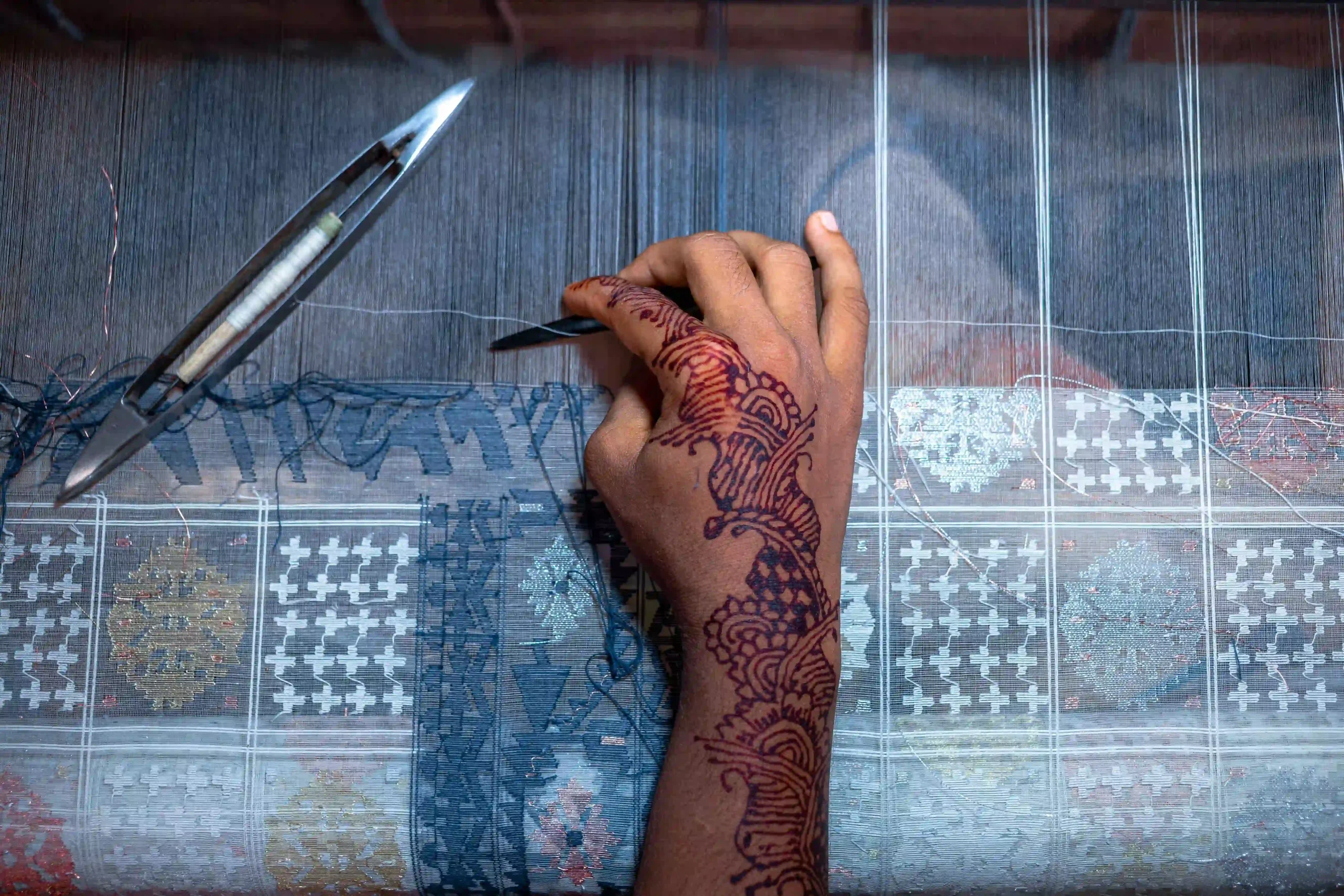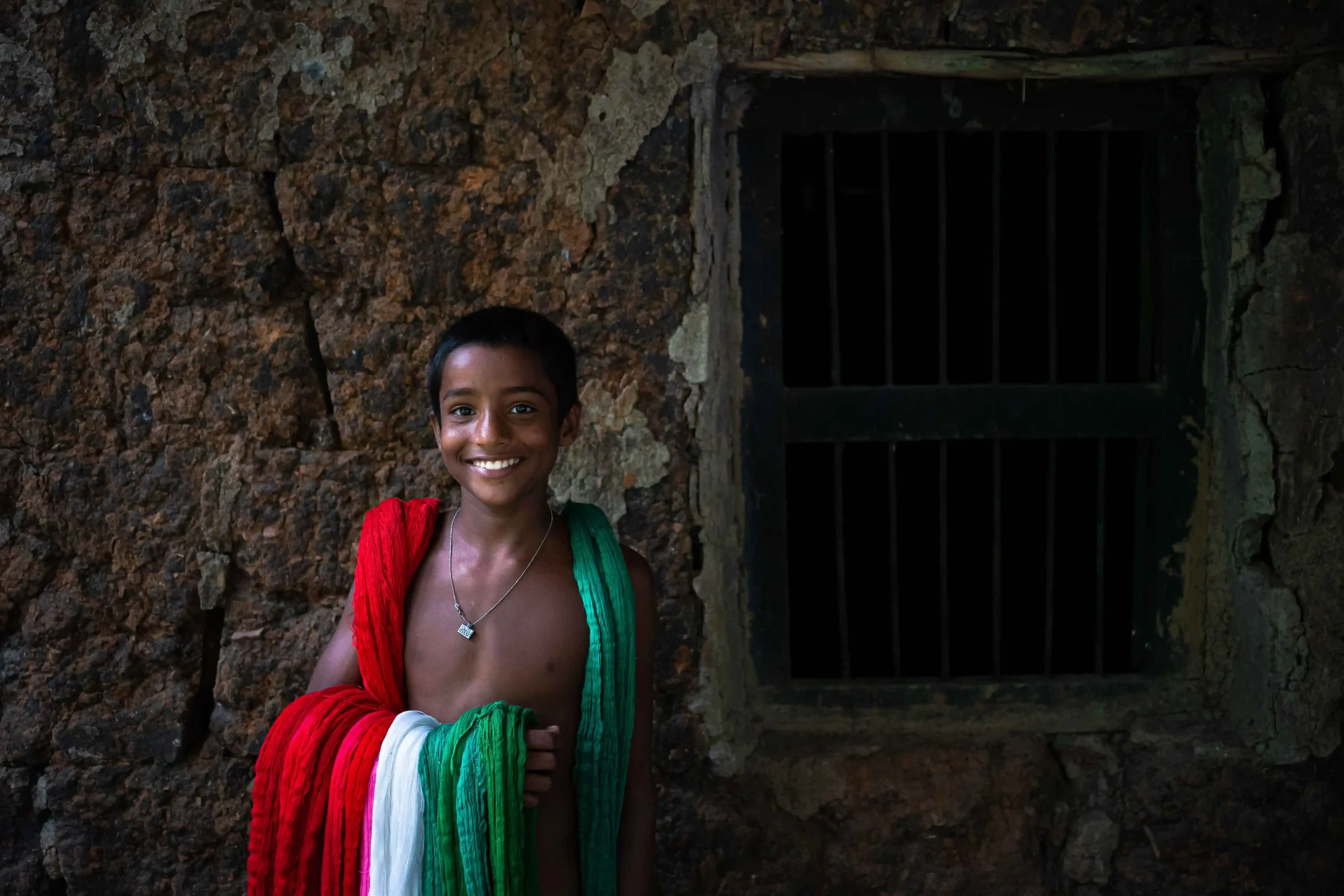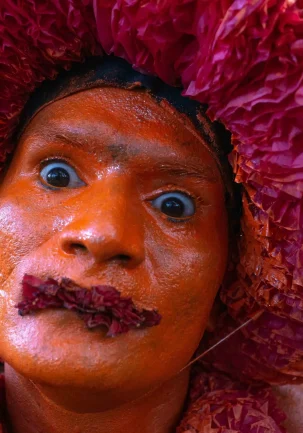In Bangladesh, children are employed in Jamdani factories, often driven by poverty-stricken parents who send them to work as weavers to support their families. These children, some as young as five, are exploited within the flourishing Jamdani industry, a cherished part of the country's heritage. Despite global calls for fair trade and the refusal to buy products produced under conditions resembling slavery, many children in Bangladesh lose their childhoods to create the exquisite Jamdani fabric, which is sold as high-end clothing worldwide.
Jamdani weavers are typically children between the ages of five and ten. They work from dawn to dusk, often receiving only minimal wages or, in some cases, just food in return. Employers claim that this young age is ideal for training, as children can quickly learn the skills required for weaving. Hossain Ali, a labor agent, stated, "The prime criterion behind selecting such young children is that they obey their employers during this difficult training without protest." Despite international laws prohibiting child labor for those under 18, these practices persist, largely unchallenged in rural Bangladesh.
Most children working in Rupganj come from nearby districts where severe poverty forces parents to send their children to work. The children are typically apprenticed for two years, learning how to weave without pay, although they receive food, clothes, and a small pocket money. After completing their apprenticeship, they enter a form of bonded labor, where they are employed for an additional two years under an agreement that provides a small upfront payment to their parents. These children remain seated at their looms throughout the day, bending over their tasks with limited breaks. Employers cover expenses for minor illnesses but do not pay for other medical treatments, leaving these children to endure the physical strain of their work with little recourse.


